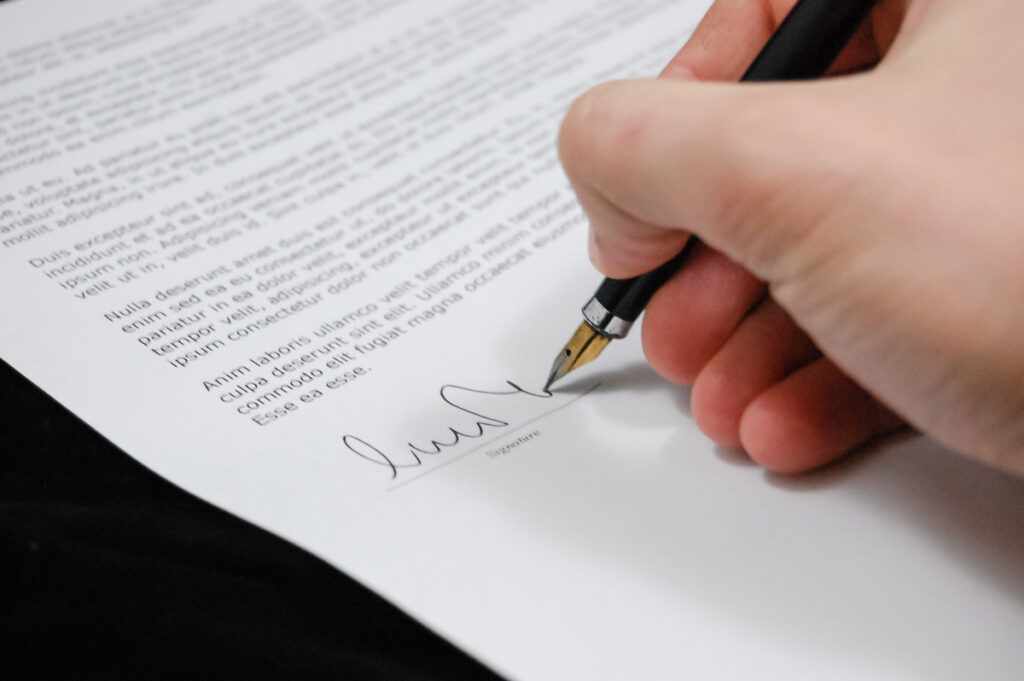
Verifying and authenticating documents for usage in another country is simply an aspect that one will likely need to involve oneself in this increasingly globalized world. Legalization Embassy or consular legalization is the authentication and certification procedure for documents to be acknowledged as legally valid within a foreign country. This process is essential and makes all personal, academic, and business documents comply with international requirements for people and businesses participating in cross-border activities.
1. Understanding Embassy Legalization
The embassy legalization is essentially a multi-stage authentication verification relates to the document in question. It includes notarization, confirmation by the local corresponding authorities, and a stamp or endorsement by the sending country's embassy or consulate.
Now, getting a job in some place abroad with the legalization of a U.S. diploma requires legal authorization by the U.S. Department of State and also that of the embassy of the country where you will submit the document.
2. Why Embassy Legalization is Necessary
Embassy legalization is essential because it helps countries to uphold their legal standards on foreign documents. It ensures safety by ensuring that the documents are legitimate and not tampered with. The process will give them the protection they need from fraud and, at the same time, provide them with a standardization procedure for internationally used documentation.
In case of embassy legalization, foreign documents might be declared invalid or unrecognized, and complexities may occur in legal, personal, and professional matters. For example, a foreign company needs the permission of a country to set up a branch in a foreign land. However, such authorities will demand verified official documents, and improper legalization of these documents may complicate business operations.
3. How Embassy Legalization Differs from Apostille
Though embassy legalization and apostille appear to have the same function in authenticating documents for international use, these are also differentiated processes. An apostille is a relatively less difficult process for countries that are an element of the Hague Apostille Convention scheme that has standardized the verification of all documents between countries that are members of the convention. Embassy legalization is vital for countries that do not follow the convention and require direct verification by the embassy or consulate of the destination country.
This segregation is necessary for the parties involved in international business since a wrong authentication method may lead to complicated procedures and legal issues. An apostille would be acceptable for countries under the European Union states. But for countries like China or the United Arab Emirates, legalization via an embassy would be required.
4. Steps Involved in Embassy Legalization
The Legalization Embassy process usually follows these key steps:
Notarization: The paper is notarized first by the licensed notary in the country where it is issued, verifying its genuineness.
Verification by Local Authorities: After this notarization process, the appropriate government authority cross-verifies the documents if they can pass the national standards. It may be verified by either the state departments or foreign ministries.
Embassy/Consulate Endorsement: In this step, the document is submitted to the destination country's embassy or consulate within the country where the document was issued for embossment. It means that the document has been seen from all the checks that a country should have and can legally be upheld.
This process is multi-step and consumes time. It's for this reason that most people and organizations prefer to hire agencies so that all the stages are passed with relative ease and as little effort as possible.
5. Types of Documents That Require Embassy Legalization
Various document types often require embassy legalization, especially for use in foreign legal, educational, and corporate matters. Some of these include:
Educational Certificates: Diplomas, transcripts, and attendance certificates are issued to students and job seekers studying or working abroad.
Legal Documents: Power of Attorney, wills, and affidavits are required in international court cases or real estate purchases.
Commercial Documents: Commercial documents include business contracts, licenses, and certificates of incorporation. Companies need these to take on international expansion.
Personal Documents: Personal documents include marriage certificates, birth certificates, and adoption papers. Citizens move or are set in a different country for these reasons.
6. Benefits of Embassy Legalization for Individuals and Businesses
Through embassy legalization, individuals and businesses are assured that their vital documents will be recognized and welcomed overseas. In other words, to individuals, it facilitates such an issue related to international study, work, or cross-border inheritances. To businesses, it facilitates expansion to new markets, and companies tend to confidently seal contracts, register trademarks, and form local partnerships.
Embassy legalization undergoes a process that ensures that critical transactions and personal endeavors go on well without all the legal and administrative setbacks that may emerge when the documents are unverified.
7. Challenges and How to Navigate Them
The embassy legalization process is the most time-consuming process. Sometimes, despite multiple rounds of verification, this may also end up with travel by embassies or consulates. In some cases, improper documentation in the records leads to delayed processing. Working with experts who know each country's requirements can speed up the process, help you navigate its complexities, and minimize errors.
Conclusion
Embassy legalization holds significance while dealing with cross-cultural communication so that all your documents qualify for reception in the foreign country according to its legal rules. Global entrepreneurs need to have knowledge and respect for the Legalization Embassy so that their business can proceed smoothly and safely. You can open avenues for smooth international transactions whether you are looking for personal or professional goals by making the correct legalization of your documents. Washington Consular Services, Inc. (WCS) will handle the entire process if you want to ensure your documents are authenticated in the process.
Read More: The Importance Of US legalization Services For International document Use







Write a comment ...